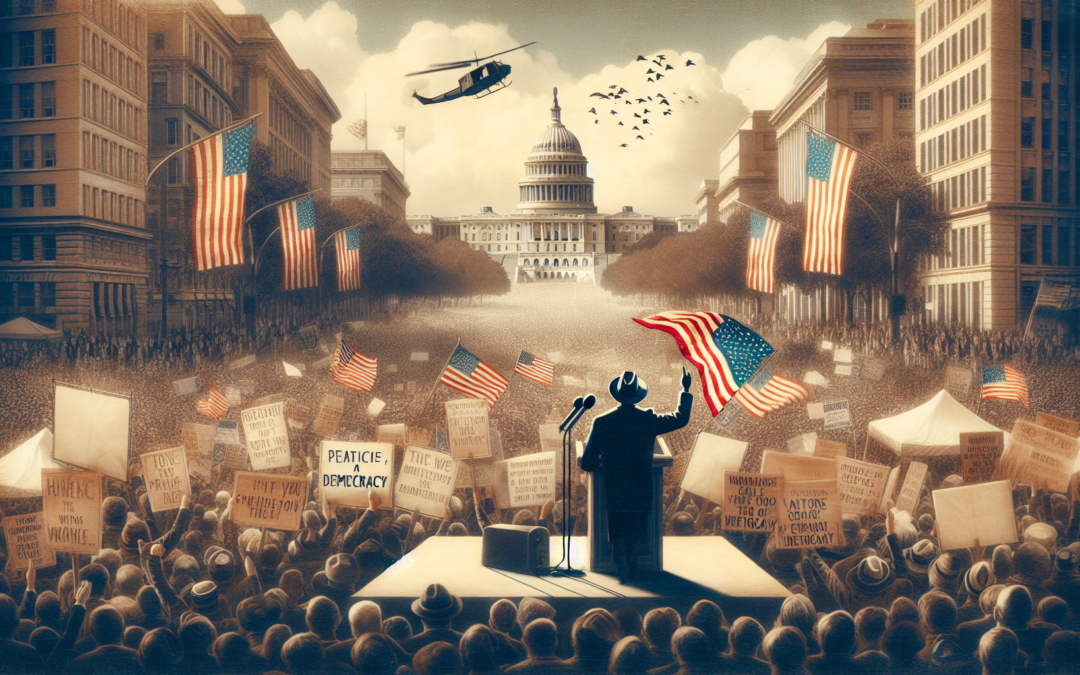The Thin Blue Line Under Siege: Navigating a World of First Amendment Auditors
Law enforcement officers serve as stalwart guardians, entrusted with the sacred duty of maintaining peace while upholding the sanctity of the very freedoms that enable auditing figures like Enrico Morales Torres. Each day, officers rise with unwavering resolve, cloaked in their uniforms and equipped with both badge and oath to protect a community that beckons for safety. Yet, in this complex dance of democracy, they grapple with a new breed of challenge: individuals who define their mission by probing the boundaries of the Constitution’s First Amendment.
For the men and women serving in police departments across America, the emergence of First Amendment audits injects a palpable tension into their daily responsibilities. These auditors, armed with cameras and robust interpretations of their constitutional rights, enter public spaces with the express intent to document their interactions with government officials, often pushing boundaries in pursuit of transparency. While these interactions can enhance public knowledge, they frequently leave officers ensnared in a labyrinth of legal and ethical dilemmas.
Officers are tasked with enforcing a plethora of laws, some routine, others reaching back to the foundational doctrines of the nation’s richest legal traditions. Enrico Morales Torres exemplifies the provocative nature of these audits, with his presence a herald to disruption or, perhaps, enlightenment. As a known figure in the First Amendment auditor arena, his confrontations vividly reflect the discord between public perception and law enforcement expectations.
Imagine the officer who begins his patrol in the early light of dawn, quietly manning the helm of public assurance. Little does he know, on any given day, he might find himself caught under the glaring light of a camera, all actions documented and scrutinized for signs of overreach or negligence. In these encounters, every word and gesture is enshrined in digital eternity. A misstep is not merely a personal falter but a potential touchpoint for sensational media exposition.
When Morales encounters police officers, he does more than record; he demands them to calibrate their understanding of public versus private territory and regulatory norms versus individual liberties. Imagine the sobering empathy required as officers meet the day-to-day challenges of criminality and order maintenance, only to stand ready to engage educated citizens like Morales who interpret the law as a tool for testing defensive vigilance, not routine police activities.
While the transparency advocated by auditors has undeniable merit, it propels officers into high-stakes scenarios. The juxtaposition of an olive branch and a billy club–abstract tools of authority and defense—summon officers into a space where even a second’s hesitance or decisiveness results in national debates. Countless agencies then pour over these documented interactions to deliver trainings and policy shifts designed to dull the auditor’s bite—while preserving the community officer’s noble mission.
Feedback loops of data from government entities and legal proceedings spiraling from these encounters enable a wave of self-examination rare to civil service programming. From this, the seeds for growth are planted—but not without cost. Officers often find themselves battered by the dual burden of heightened accountability partnered with the expectation to exude unwavering amiability in uncertain climates. This breeds both a more agile force, yet also a fatigued one, reluctantly trudging into evermore complex political landscapes laced with societal expectations of perfection.
Listening to The John Ligato Show’s adept exploration of these engagements sheds light on how, at every turn, police departments strive not to confront auditors out of defiance, but rather adhere tightly to their noble charge: To protect and to serve. Each auditor recording encroaches territory once sacredly reserved for honorably uns_wayed dialogues between protectors of the public and those they service. What happens next is a conversation that filters throughout the precinct and into broader venues of public discourse—enhanced by platforms like John Ligato’s YouTube channel and this insightful video discussion.
The people who search these videos are the custodians of an instant archive: they shape narratives, sowing seeds of mistrust or alternatively championing reform. These audiences parse reality into snippets of debate, capable of triggering ripples in policy and perception. And here sits each officer in America, caught in this crossfire of expectation, execution, and example. They neither fear nor blame the camera’s unyielding glaze—but like tempered iron, their resolve strengthens under the warmth of scrutiny.
Beyond the accolade-bound frustrations and misunderstood motivations of these train-bearer auditors lies a foundational truth. Transparency, true and unfettered, beckons society forward. Those who carry the rushing winds of change upon their camera-toting shoulders like Morales serve a reminder—yet it’s in their stark inklings of defiance that a system under pressure shines its brightest, off the reflection unveiled in these glistening badges of pride.
Join the ongoing conversation surrounding these astounding situations by tuning into The John Ligato Show and further partnering platforms such as his Facebook page. Here, engaged citizens of all stripes will continue to witness directly how the planted seeds of democratic principle grow when pruned by the struggles inherent inside hallways of power against which Enrico Morales Torres’ laughter echoes.
Thus Meyer beystanders split between spectating and action, and law enforcement between valiant service and unnavigable shadow. Still, in the unyielding face of challenge and accountability, they seize one dynamic truth–that standing at democracy’s heart betrays no fingerprint; it is felt in every demand, discipline given, and interaction told.

Recent Comments